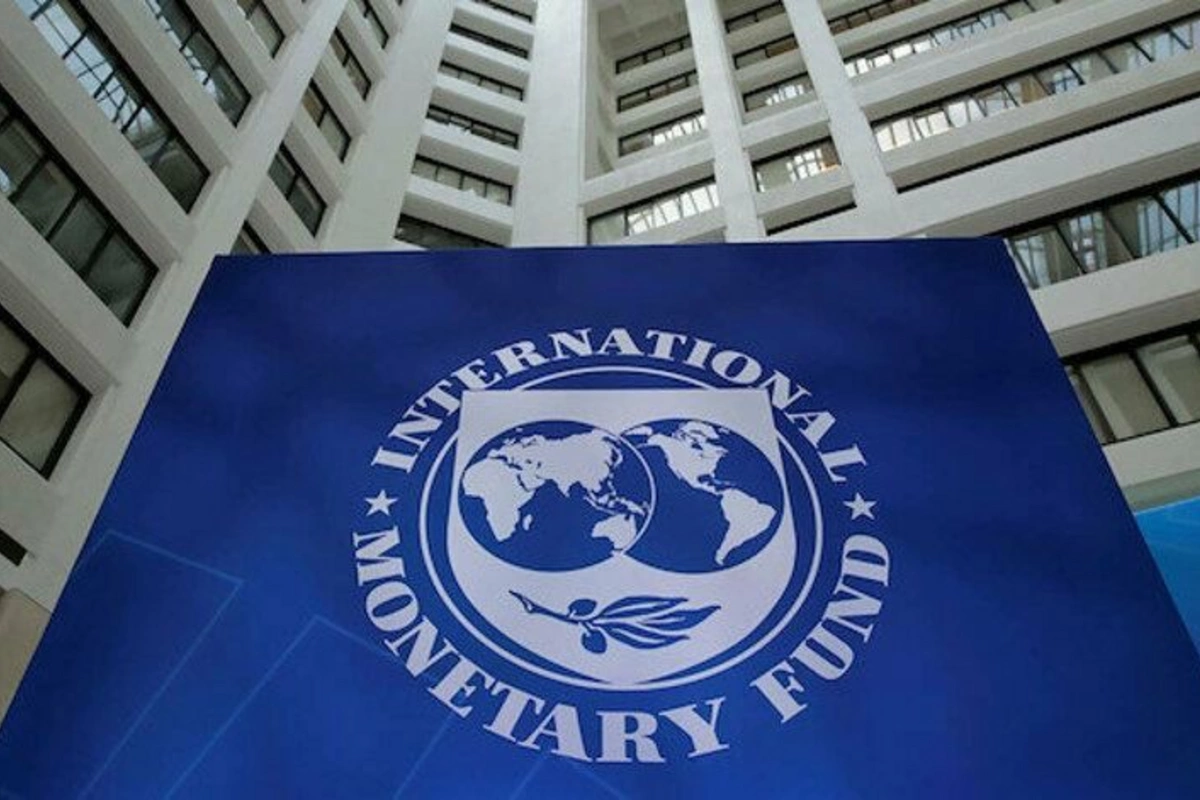
"Opportunities to strengthen regional integration, especially in the financial sector by removing barriers, promoting cross-border payments, and increasing the digital content in financial services, would be a key element to increase growth."
According to data from the Global Petrol Prices portal, diesel in Turkmenistan costs $0.286 per liter, ranking it seventh among the countries with the lowest diesel prices. Venezuela leads the list with a price of $0.004 per liter. Other countries with low diesel prices include Iran, Libya, Algeria, Angola, Egypt, Saudi Arabia, Kuwait, and Ecuador, The Caspian Post reports.
"Risks of trade tensions or sudden changes in financial flows, which have been positive for Asia's economy over the last few years, are important to watch. Therefore, as you see, this high level of uncertainty requires that policies and reforms need to be strategically thought out," Azour stated.
He emphasized the importance of structural reforms, particularly on the government side, as a means to boost medium-term growth and strengthen economic resilience. "This would help create jobs and increase participation in the labor market, especially for women and youth. What does this require? It requires investing more capital and improving the quality of infrastructure," he explained.
Azour also stressed the need to address trade barriers and diversify products and markets to enhance economic resilience. "Investing in infrastructure that strengthens and increases connectivity between trade routes, encouraging competition in the financial sector, and reducing the state's role and footprint in the banking sector are all critical measures," he added.
Speaking about regional integration, Azour highlighted the financial sector's potential. "Opportunities to strengthen regional integration, especially in the financial sector by removing barriers, promoting cross-border payments, and increasing the digital content in financial services, would be a key element to increase growth," he noted.
Turning to fiscal policies, he pointed out the need for CCA economies to rebuild buffers. "Rebuilding buffers to cushion their economies against risks while maintaining fiscal sustainability is a must. Rebuilding buffers and developing mechanisms to protect social systems need to go hand in hand," Azour said.
He also noted the challenges faced by countries with high debt levels. "Some countries are facing high debt levels, and their financing needs have been affected by the increase in interest rates. These countries should focus on accelerating fiscal consolidation to preserve sustainability," he stated. "Low-income countries, in particular, need to prioritize fiscal sustainability while addressing food security issues."
On monetary policy, Azour emphasized maintaining inflation control. "The last element in terms of macroeconomic stability is maintaining the stance on monetary policy with the objective of keeping inflation low. Keeping inflation low and preserving price stability should be complemented by strengthening the independence of central banks and supporting this with clear communication and transparency," he stated.
Azour concluded by underlining the importance of tackling broader priorities. "Of course, some of the other important issues, like climate and digitalization, are important priorities. We look forward to working with those countries on moving along the line of what we have already identified as priorities in terms of climate adaptation and climate mitigation," he said.
Share on social media